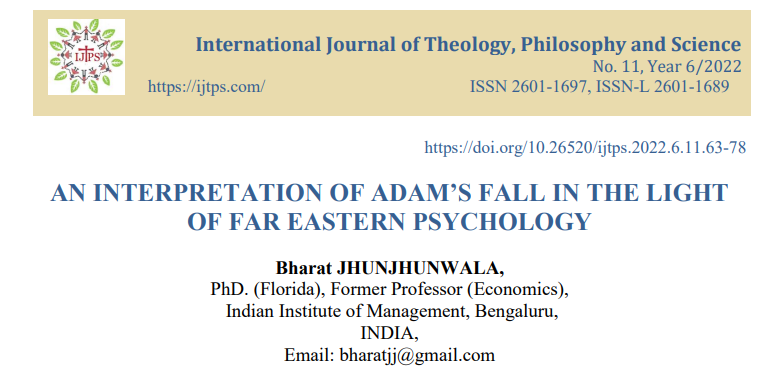We are all children of God. However,a number of Christians believe that salvation can only be obtained through Jesus Christ.

In this context they refer to Philippians 2.9 which says “God has also highly exalted Jesus Christ and given Jesus Christ the name…. which is above every name.”

One interpretation of this verse is that the name of Jesus is “above” all other saintly persons. The key word is “above” that is,God has given him a position higher than all others. The Greek word for “above” is “huper.”The primary meaning of the Greek word “huper” is “for,” that is, belonging to everyone, or having been born for everyone (Strongs 05228). If we use the word “for” instead of “above” in this verse then it reads:“God has highly exalted Jesus Christ and given Jesus Christ the name which belongs to everyone.”

In other words, Jesus encompasses,covers or includes every other person or Jesus belongs to everyone.

Jesus had connected with God; and God pervades everything. Thus, Jesus was connected not only with God but also with all the people. This appears to be a possible rendering of the phrase that “God had given Jesus the name which belongs to everyone.”The verse does not necessarily say that Jesus alone had such an exalted name or that Jesus stood above others. There could be others who were as exalted and as connected with God as Jesus.
The other verse invoked is Acts 4:12:

This verse says there is no salvation in any other person other than Jesus. That is, if one wants to be saved then the only name which can help is that of Jesus Christ. But let us go back to the verse. The word “other”in this verse is“heteros” in Greek. It denotes “other, another, the other of two, one not of the same nature, form, class,kind, different” (Strongs 02087). This seems to say that “there is no salvation in any other person of the same “nature, form, class or kind” as Jesus. There can be salvation in another person of another“nature, form, class or kind” as Jesus. Another interpretation could be that “there is no salvation in any other person”at that time and place. That is, at that time and place, Jesus alone may have been the Messiah.
I must admit that these are my interpretations. These may or may not be accepted by the mainstream scholars.But the question is this: we are all unquestionably children of God.How can God love one son and not love another? It does not make sense.Therefore, if it is possibile to interpret these verses in a manner that it conveys the ever-continuing and expanding grandeur of God, then we must accept that interpretation and not one that limits the expanse or the writ of God.

In my assesment, we must not limit God in a way that says that Jesus is the only Messiah. There may be many other Messiahs. Jesus may be one at that time and place. We must be, like God, inclusive of other religions.We will hopefully create a better world by interpreting the Holy Texts in this manner.












